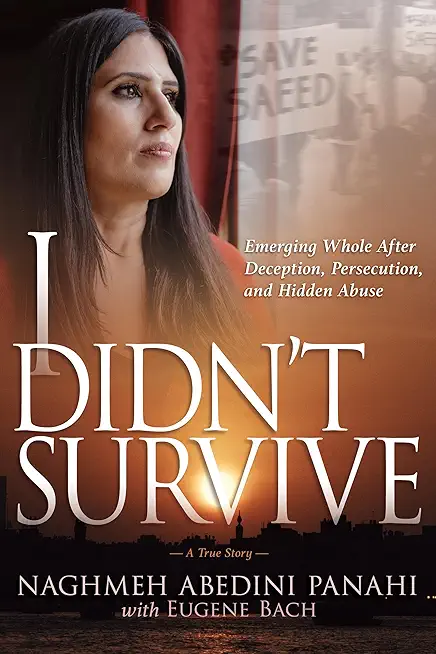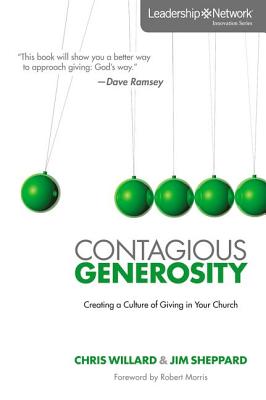
Abedini Panahi, Naghmeh
product information
description
cret that you are terrified of sharing. It's even harder when you find yourself in the international limelight as the advocate wife of a Christian hero imprisoned for his faith. The worst part is fearing that, if you did share this secret, it might devastate the lives of your family and close friends, alienate tens of thousands of active supporters, and cause persecuted people around the world to become even more vulnerable. Naghmeh Abedini Panahi lived in constant tension from the irreconcilable realities playing out in her own life, in her family life, in the conduct of others, and on the worldwide stage as she interacted with power brokers and well-known religious leaders. Tension involving:
- Steadfastly honoring God versus being carried away by the tide of circumstances
- Personal reality versus public persona
- Genuine faith versus hypocritical religion
- Truth and caring versus the end justifying the means
- Obedience to God versus loyalty to others
member goods
No member items were found under this heading.
Return Policy
All sales are final
Shipping
No special shipping considerations available.
Shipping fees determined at checkout.







